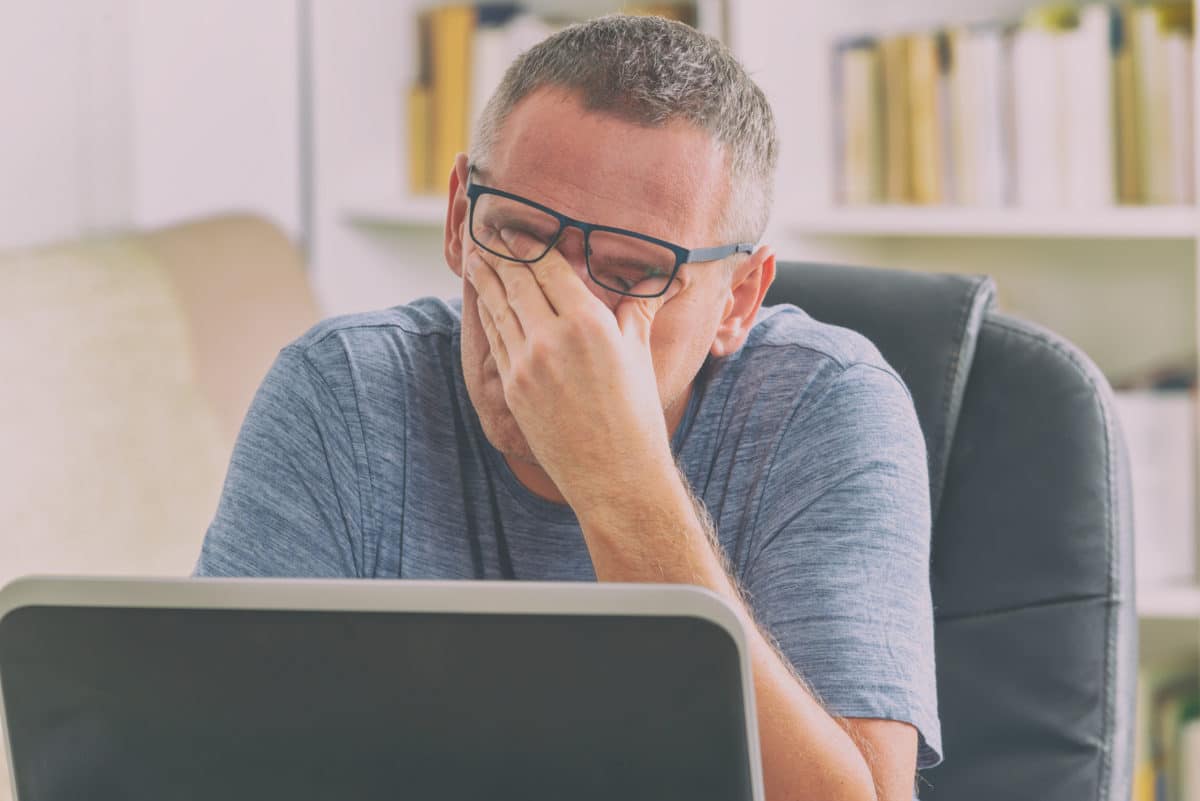Is stress just a normal part of life? After all, doesn’t everyone experience it to some degree?
Stress in modern-day society seems to be just as common as the cup of morning coffee. Whether you chalk it up to a looming deadline at work or upcoming big event, stress can have an impact on your overall health in many ways.
What is Stress?
Stress is how the brain and body respond to demands. In life, there are demands we face daily. Work, physical activity, school, life events…even trauma. Stress grows and continues to build overtime.
You might notice that you are more on-edge….or sleeping less? How about your mood swings and rising anxiety levels?
It is important to pay attention to how you deal with minor (and major) stress events so that you know when to seek help. Many mental health disorders can lead to other chronic diseases. If you answer “Yes” to any of the questions below, it might be time to get help with managing your stress.
1. You develop new physical symptoms.
Different people may feel stress in different ways. For example, some people experience headaches while others can’t sleep. Digestive problems are also common for people with stress-related disorders. When you start to notice chronic, physical symptoms develop as a result of your stress…it’s time to get professional help.
2. You become obsessive and/or compulsive.
Stress can make some feel like they’ve lost control. In an effort to regain control of one’s thoughts, anxiety, and overall health, you might develop start to develop obsessions and compulsions. Obsessions are involuntary thoughts, or impulses that occur repetitively in your mind. Compulsions are behaviors or routines that make you feel driven to act out again and again. This type of behavior is commonly known as Obsessive Compulsive Disorder or OCD. It can interfere with your daily quality of life.
3. You are scarred by a traumatic event.
PTSD and trauma can leave you with psychological injury that can be shattering… and prevent you from functioning… or living a rewarding life, even if there’s no injury that you can see. Traumatic experiences so terrible, so painful, so utterly shocking and terrifying…that thoughts of it and the memories come back and make you feel like it’s happening again. Over and over. And when that happens, it can drive you to do things you wouldn’t normally do. It can severely interfere with your life.
4. Your energy levels drop.
When you are stressed, many systems in your body are affected including your nervous system. Your body might shift its energy resources to fight off perceived threats developed by anxiety. You might experience an change in hormones or a spike in blood pressure. All of these factors can leave you feeling tired, exhausted, and overwhelmed.
5. You develop unhealthy coping mechanisms.
Abusing prescription medication, drinking in access, spending too much, or sleeping too much (or too little) are just a few red flags. Stress-related disorders can have a BIG impact on your overall health and wellness. This is why it’s imperative that you seek treatment at the earliest sign of a problem.
Dr. Madaram’s perspective is that everyone has the strength to overcome challenges. Sometimes he needs to help you find it. In fact, sometimes he believes his role is showing you the way to find it yourself.








